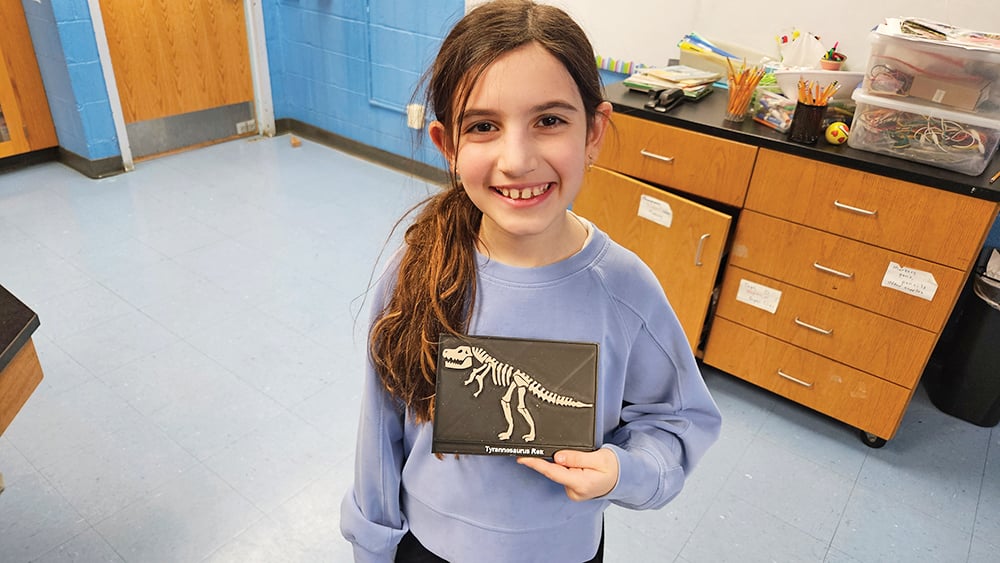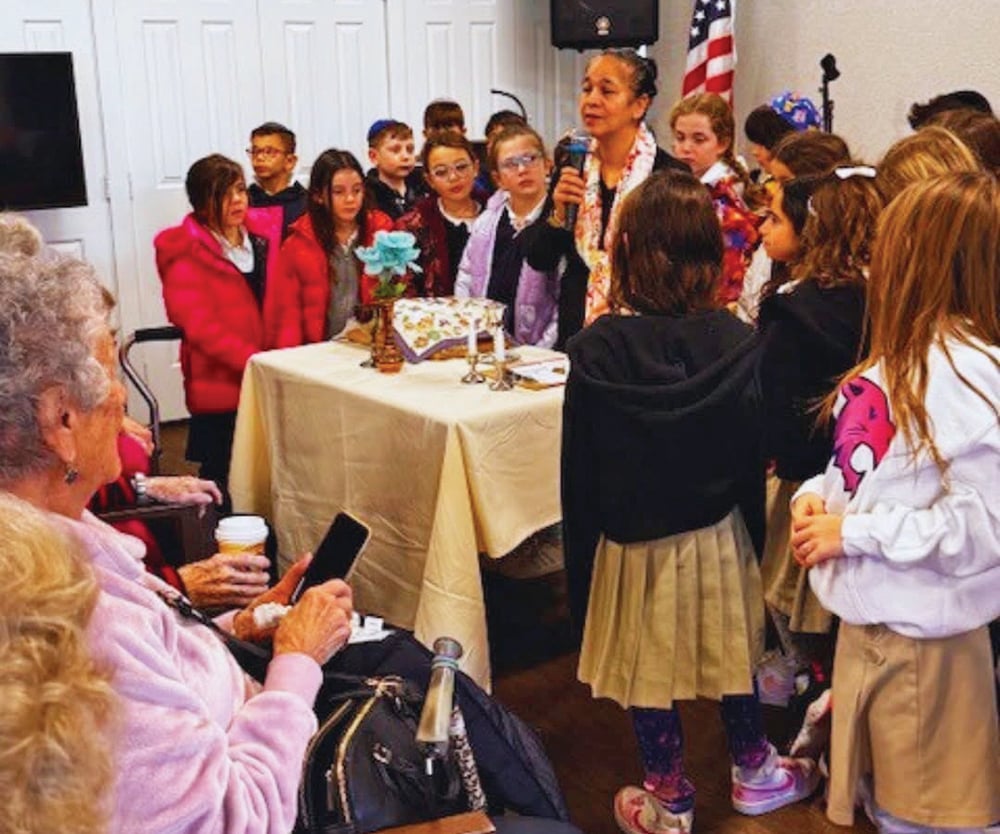I spoke to my son Tuvia at his army base just minutes before the fast began. He asked me, “Ta, when do I know if I am allowed to eat on Yom Kippur? How do I know if I am required to go on a mission whose length is unknown if I should eat beforehand?” I did not know what to answer.
I told him that he was fighting for the very existence of the Jewish people and that he should err on the side of caution. I was about to say, “Good Shabbos and Good Yom Tov,” when he said, “Ta, I want to tell you a story that you will like.”
A little background here is needed.
Among my children, we have what’s called a “Bubby Moment.” My mother, a”h, was known to my children as Bubby. One middah (character trait) that my mother excelled in was the trait of calmness and avoidance of conflict. She always went with the flow and maintained her composure even in the face of seemingly unavoidable confrontations. She excelled in avoiding anger, strife, machlokes and disputes. She would go to great lengths to be mevater, to give in, and never allow herself to descend into the ugly abyss of anger and confrontation, especially when it involved family.
Often, when one of my children succeeds in avoiding confrontation, especially in a family situation when they are moved to respond, yet hold back and don’t respond, we refer to that as a “Bubby Moment.” We all regale in relating to each other’s incidents where we could have responded in an argumentative or even with an angry response, yet we contained ourselves and avoided the conflict. Therefore, before I wished him a Good Shabbos and Yom Tov, Tuvia wanted to relate to me a “Bubby Moment.”
He shared, “Ta, last night they made us a barbecue for Erev Yom Kippur, and when I heard that my daughters would come for the event, I asked them to remind Imma (their mother) to send my kittel. I hoped that perhaps I would have a break from the military operations to daven and would appreciate having my kittel. As the kids were about to leave, I asked, ‘Where’s my kittel?’ The girls looked at each other and responded, ‘We don’t have it.’” Tuvia continued, “I was about to say, ‘Wait, I need my kittel.’ However, I caught myself and simply said, ‘That’s fine. Who knows if I would have the chance to wear it anyway? All is good.’ I did not want my wife to feel bad for forgetting to send it.” (I would later find that he never even mentioned the forgotten kittel when he spoke to his wife, Nechama.)
As he finished relating to me his Bubby Moment, I heard his radio crackle to life, and he said, “Ta, I have to go now; we have to get our gear ready and make sure we are ready for any potential threat.” The thought of his being in full battle gear in his jeep with bloodthirsty enemies surrounding him on Yom Kippur sent a shiver down my spine. Yet, Tuvia’s words touched me deeply, and I had the uncontainable urge to respond. “Tuvia, you are my hero. Thank you for that story.”
And then, with my heart filled with pride (and worry), I added,
Tuvia, I am very proud of you for not responding with even the slightest indication of displeasure or disappointment at the lack of your having your kittel. I have to tell you something I believe in, in the same manner as I hold true the Thirteen Principles of Faith of the Rambam. Tuvia, you already have your kittel; you don’t need any other kittel.
For the army-green uniform you are wearing is more pristine, more precious, more meaningful—and it is a greater indication of angelic behavior than any white kittel any Jew has ever worn at any time in the history of the Jewish people.Your army-green kittel stands before Hashem as the ultimate display of mesiras nefesh, of self-sacrifice, for the sake of the protection of Hashem’s children. Hashem sees in your army-green kittel the highest level and the most authentic display of self-sacrifice to the Jewish people that a person can achieve in this world. It is truly a garment that only malachim (angels) are privileged to wear.
Your green kittel is the same kittel that Avrohom Avinu wore as he went to battle to rescue his nephew Lot. And that same green kittel was handed down to Dovid HaMelech as he led the military battles to protect the Jewish people in the land of Israel. And now that same kittel has been handed down to you and the other holy soldiers of the Jewish people.
My own white kittel, and all the other white kittels of every Jew, who has the luxury of davening comfortably in his air-conditioned (or heated, as the case may be) cozy and comfortable shul doesn’t come even close to the pristine and divine kittel you are privileged to wear.
Tuvia, you already have on your kittel, and remember, your kittel is more potent than any kittel I will ever wear.
Tuvia, you are my hero, and I love you.
The commander’s orders crackled again over the hand-held radio, and Tuvia said a quick goodbye as he went off to defend the Jewish people. I picked up my own kittel and realized how inferior it was to the pure and divine kittel Tuvia was privileged to wear. As I put it on, I knew it was an inferior “knockoff” of the authentic and genuine kittel that Tuvia and his fellow holy soldiers are privileged to wear proudly. Wearing my knockoff-kittel while pretending to be someone special brought me to tears of humility and to a realization of my own limited ability to truly help the Jewish people as compared to the zechus of Tuvia and his fellow soldiers.
I wiped away the tears from my face and offered one more tefilla to Hashem to watch over all who are privileged to wear the pure, pristine and authentic army-green kittel.
May Hashem watch over all of his holy soldiers who put their lives on the line so we can live.
Rav Ron Yitzchok Eisenman is the rav of Congregation Ahavas Israel in Passaic.













